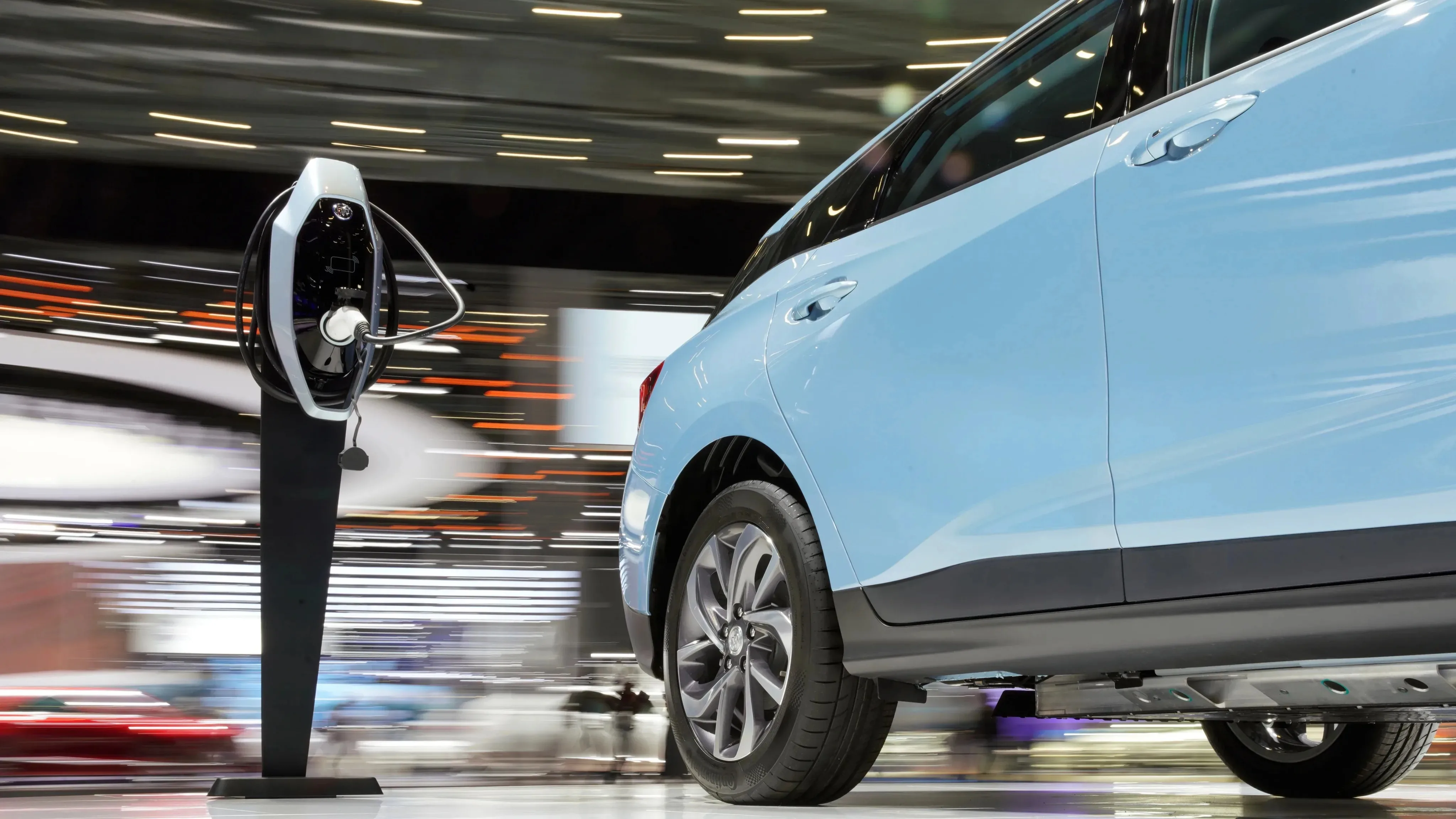(Cover image source: Reuters)
Recently, Senator Jeff Merkley and Congressman Peter Welch proposed a second “Electric Vehicle Bill,” hoping that the US government can increase subsidies for electric vehicles.
The “Electric Vehicle Bill” makes changes to three important aspects of the federal tax exemption plan:
- Canceling the sales limit set by automakers for new energy vehicles (Note: Explanation below), allowing any consumer to enjoy tax-free policies for the next 10 years;
- Buyers can enjoy tax exemptions for up to five years or apply for current exemptions at dealerships to reduce car prices;
- The charging infrastructure can receive tax exemptions for up to 10 years to support basic construction.
These contents have been proposed during the Obama era, but did not pass.
As a brief introduction, under the current subsidy standards in the United States, only the first 200,000 pure electric vehicles sold by automakers are eligible for a $7,500 subsidy. For Tesla and General Motors, two companies with relatively high sales, consumers no longer receive subsidies when buying cars.
At the beginning of the month, another policy reform proposal was also made, hoping to raise the sales threshold to 600,000 vehicles, and provide a $7,500 subsidy for the first 200,000 vehicles sold, and a $7,000 subsidy for the next 400,000 vehicles sold.
Regardless of which plan is adopted, it will be beneficial to the new energy vehicle market in the United States.
This article is a translation by ChatGPT of a Chinese report from 42HOW. If you have any questions about it, please email bd@42how.com.
